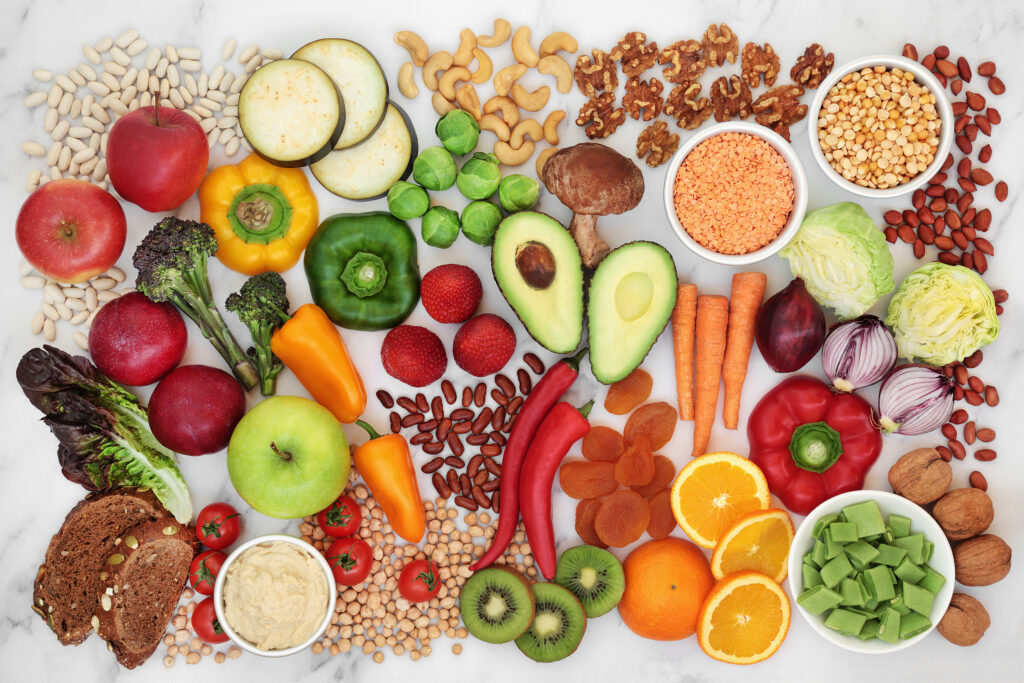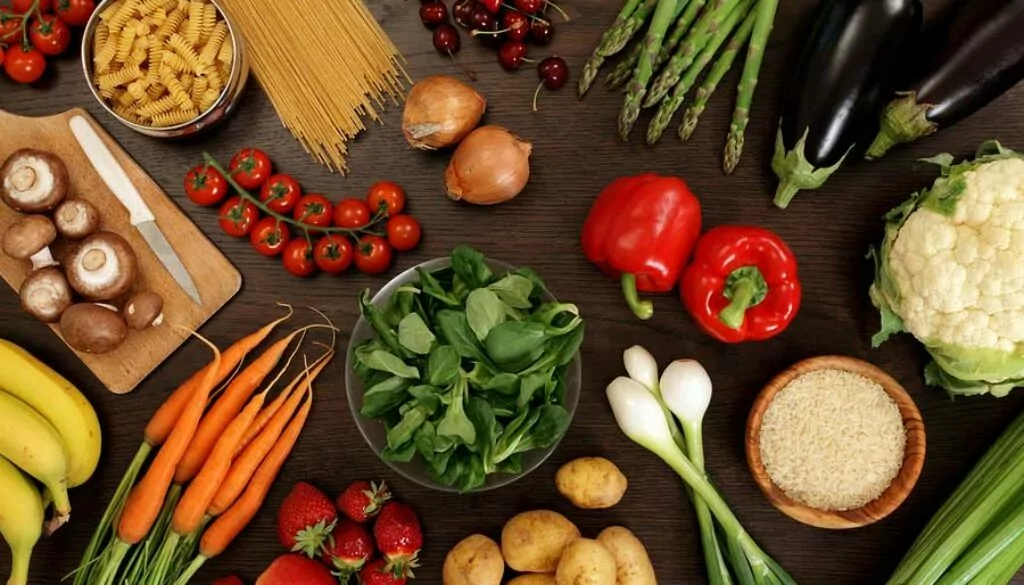
This image by Google image
Living with type 2 diabetes requires careful attention to diet and lifestyle choices to maintain optimal health. Making informed decisions about food is essential for managing blood sugar levels, preventing complications, and improving overall well-being. In this article, we’ll explore the importance of dietary choices in managing type 2 diabetes and provide a comprehensive guide to foods to avoid and foods to include in your diet.
Type 2 diabetes is a chronic condition marked by high blood sugar levels due to insulin resistance or insufficient insulin production. Insulin is a hormone that regulates blood sugar levels and helps glucose enter cells to provide energy. Impaired insulin function causes glucose to build up in the bloodstream, leading to elevated blood sugar levels.
The Role of Diet in Type 2 Diabetes Management: Diet plays a crucial role in managing type 2 diabetes by influencing blood sugar levels, weight management, and overall health. Making healthy food choices can help individuals with diabetes achieve better blood sugar control, reduce the risk of complications such as heart disease and stroke, and improve quality of life.

This image by Google image
Foods to Avoid for Managing Diabetes:
- Sugary Beverages: Soda, fruit juices, and sweetened drinks can cause rapid spikes in blood sugar levels and contribute to weight gain.
- Limit processed snacks and desserts high in refined sugars, such as cookies, cakes, and pastries, as they can cause unhealthy fluctuations in blood sugar.
- Refined Grains: White bread, white rice, and other refined grains have a high glycemic index and can cause blood sugar levels to rise quickly.
- Avoid fried foods and fatty meats, as they can exacerbate insulin resistance and raise the risk of heart disease.
- Consume high-fat dairy products in moderation as they can contribute to weight gain and increase cholesterol levels.
- Avoid breakfast cereals with added sugars, as they can cause blood sugar spikes.
- Avoid packaged snacks high in trans fats, as they can increase the risk of heart disease and worsen insulin resistance.
- Sugary Condiments: Condiments like ketchup and barbecue sauce can contain hidden sugars that can impact blood sugar control.
- Energy Drinks and Sports Drinks: These beverages are often high in sugar and should be avoided or consumed sparingly.
- Alcohol: Excessive alcohol consumption can interfere with blood sugar control and increase the risk of hypoglycemia (low blood sugar).
Foods to Include:
- Non-starchy vegetables like leafy greens, broccoli, and cauliflower are low in calories and carbs, making them great for blood sugar management.
- Whole fruits such as berries, apples, and citrus fruits are rich in fiber and antioxidants, ideal for those with diabetes.
- Whole grains like quinoa, brown rice, and oats are rich in fiber and complex carbs, aiding in blood sugar stabilization.
- Lean Protein Sources: Poultry, fish, tofu, and legumes are excellent sources of protein that can help…
This image by Google image







